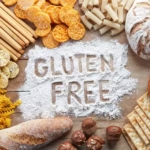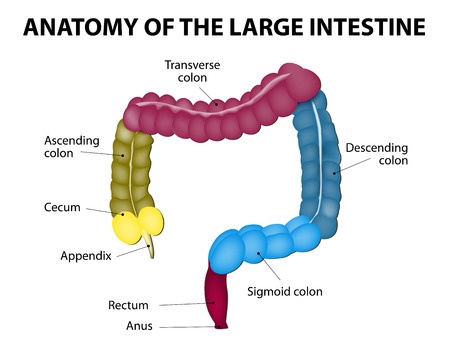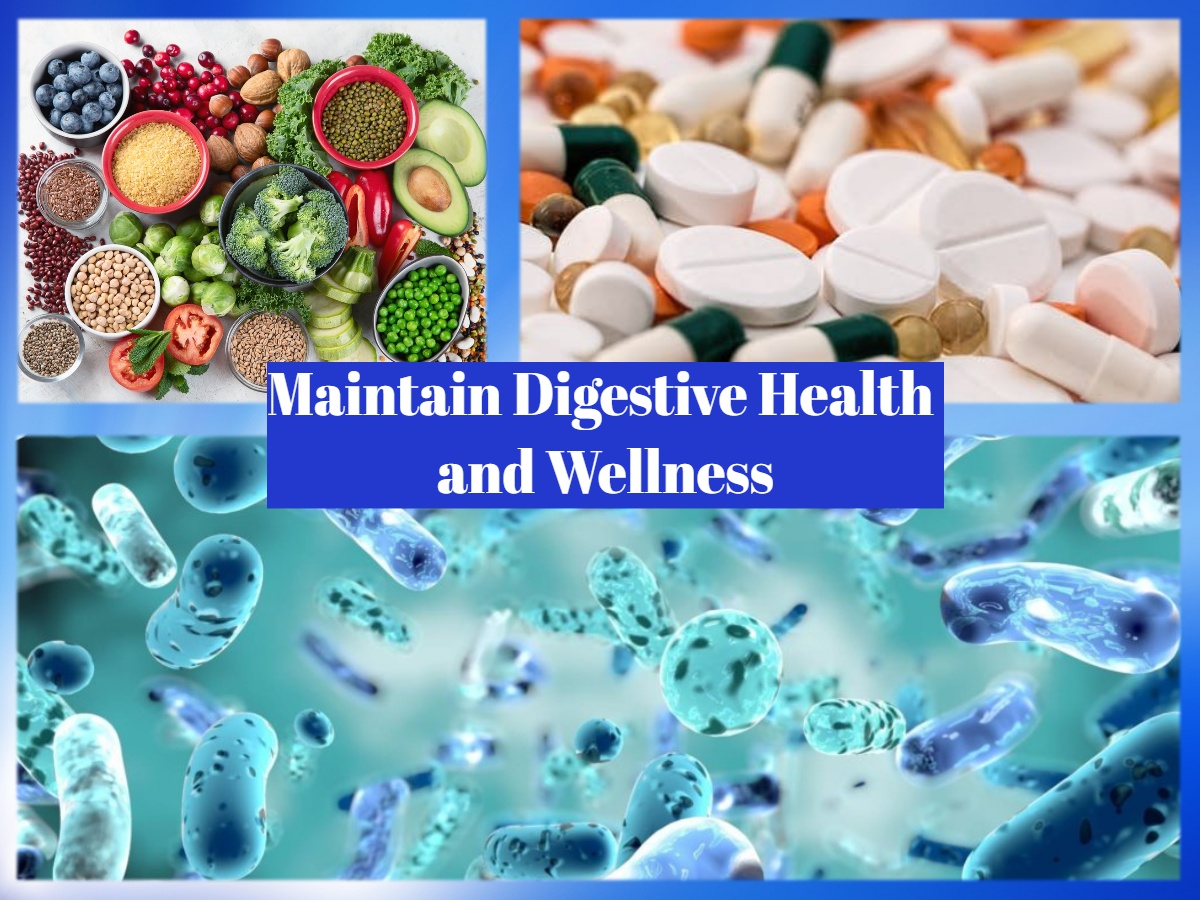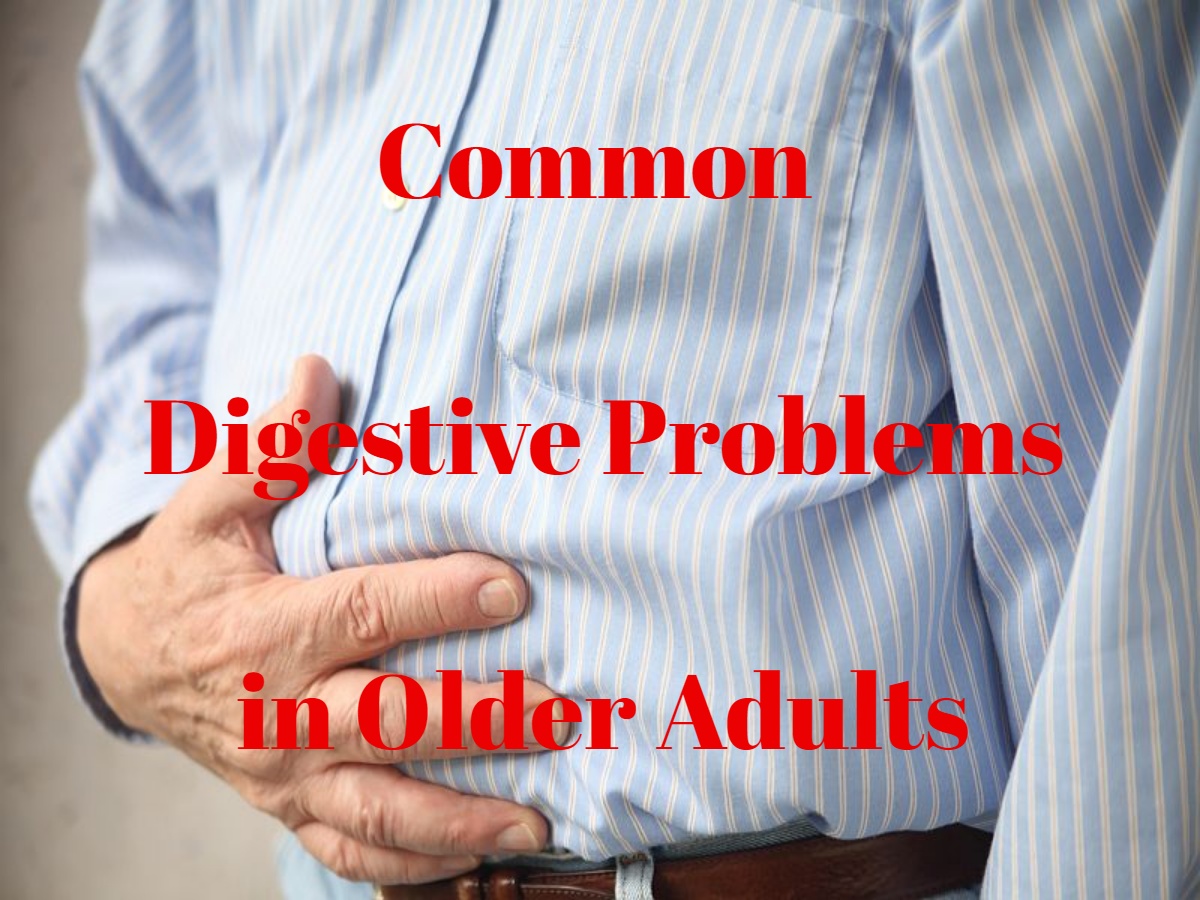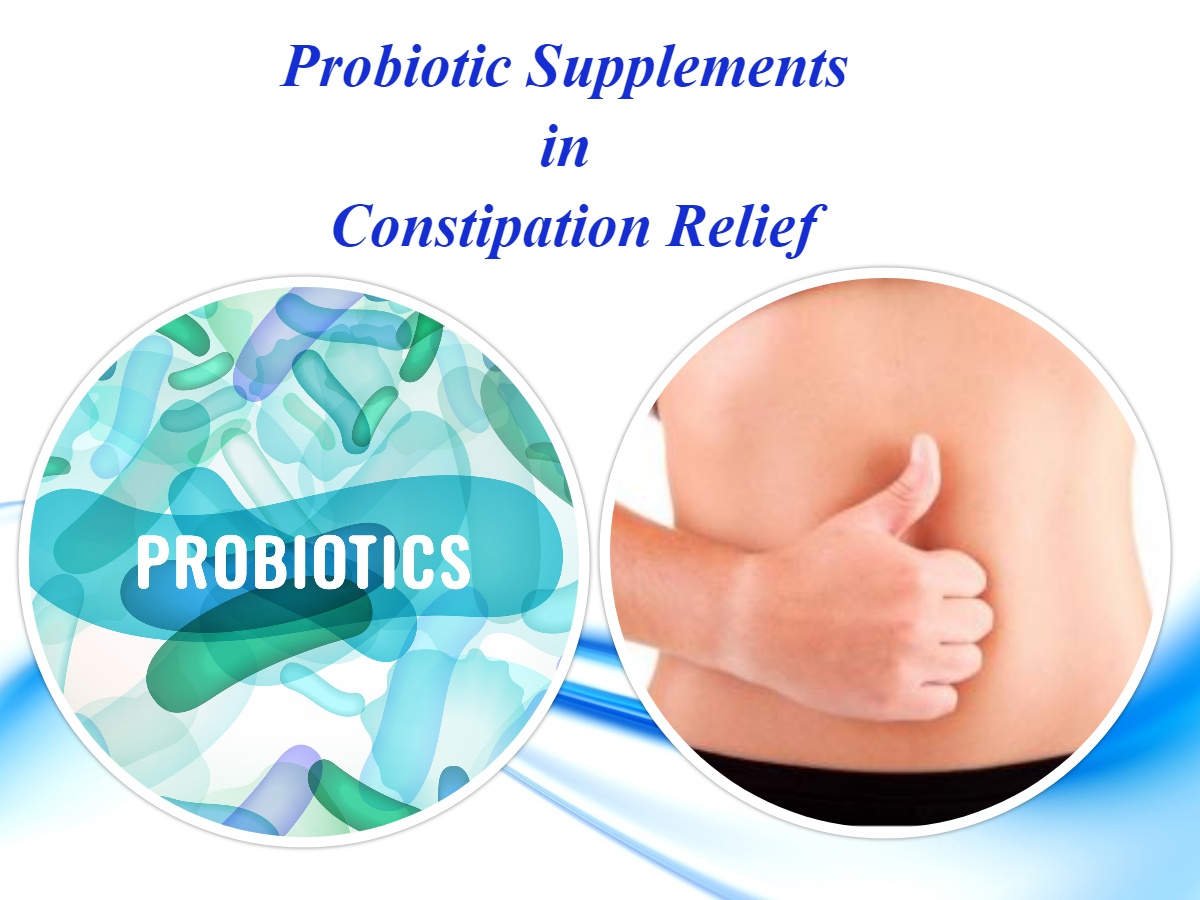Unlock the transformative potential of colon cleansing for optimal health. Discover the rejuvenating effects of colon cleansing methods and embrace a refreshed, revitalized you. Learn more about the benefits of colon cleansing today.
Table of Contents
Introduction to Colon Cleansing
Colon cleansing, often referred to as colonic irrigation or colonic hydrotherapy, is a holistic wellness practice gaining popularity in recent years. It involves flushing out toxins, waste, and built-up fecal matter from the colon to improve overall health and well-being.
Understanding Colon Cleansing: What is it?
Colon cleansing, also known as colonic irrigation or colonic hydrotherapy, is a process aimed at detoxifying and purifying the colon. It involves the removal of accumulated waste, toxins, and harmful substances from the colon to improve overall health and well-being.
The colon, also called the large intestine, plays a crucial role in the digestive process. It is responsible for absorbing water, electrolytes, and nutrients from food, as well as eliminating waste and toxins from the body. Over time, however, the colon can become burdened with built-up fecal matter, toxins, and harmful bacteria, leading to various health issues such as constipation, bloating, gas, and even systemic toxicity.
Colon cleansing methods typically involve the use of water, herbal supplements, or other substances to flush out the colon and remove accumulated waste. This can be done through procedures such as colon hydrotherapy, where water is gently introduced into the colon to cleanse it, or through the use of herbal supplements that promote bowel movements and detoxification.
The goal of colon cleansing is to promote optimal colon health, improve digestion, and support the body’s natural detoxification processes. By removing built-up waste and toxins from the colon, individuals may experience benefits such as improved bowel regularity, reduced bloating and gas, increased energy levels, and overall feelings of well-being.
While some people believe in the benefits of colon cleansing, others may be skeptical or cautious due to potential risks and side effects. It’s essential to approach colon cleansing with caution and under the guidance of a healthcare professional, especially for individuals with underlying health conditions or concerns.

Importance of Colon Cleansing
- Benefits for Digestive Health: A clean colon promotes better digestion by ensuring the efficient removal of waste and toxins from the body. This can help prevent common digestive issues such as constipation, bloating, gas, and abdominal discomfort.
- Detoxification Benefits: Over time, the colon can become overloaded with toxins and harmful substances from the food we eat, environmental pollutants, and other sources. Colon cleansing helps to flush out these toxins, supporting the body’s natural detoxification processes and reducing the risk of systemic toxicity.
- Improved Nutrient Absorption: When the colon is clogged with waste and toxins, it can hinder the absorption of essential nutrients from food. By keeping the colon clean and functioning optimally, colon cleansing helps to ensure that the body can absorb nutrients effectively, promoting overall health and vitality.
- Prevention of Colon-Related Health Issues: A healthy colon is essential for reducing the risk of colon-related health issues such as colorectal cancer, diverticulitis, and inflammatory bowel disease. Colon cleansing helps to maintain the health of the colon, reducing the risk of these conditions and promoting long-term wellness.
- Enhanced Energy and Vitality: When the colon is burdened with waste and toxins, it can lead to feelings of fatigue, sluggishness, and low energy levels. By cleansing the colon and removing accumulated waste, individuals may experience increased energy, vitality, and overall feelings of well-being.
Different Methods of Colon Cleansing
Colon cleansing can be achieved through various methods, each offering unique benefits and considerations. Here are some of the most common methods of colon cleansing:
- Herbal Supplements: Herbal supplements are a popular method of colon cleansing that involve the use of natural herbs and plant-based ingredients to promote bowel movements and detoxification. These supplements often contain fiber-rich ingredients such as psyllium husk, flaxseed, and aloe vera, which help to soften stool and support regular bowel movements.
- Colon Hydrotherapy: Also known as colonic irrigation or colonic hydrotherapy, this method involves flushing the colon with water to remove built-up waste, toxins, and harmful bacteria. During a colon hydrotherapy session, a small tube is inserted into the rectum, and warm water is gently introduced into the colon to soften and flush out waste. This process can help to cleanse the colon and promote optimal digestive function.
- Enemas: Enemas are another common method of colon cleansing that involve the injection of fluid into the rectum to stimulate bowel movements and cleanse the colon. Enemas can be performed using water, saline solution, or other substances such as coffee or herbal infusions. While enemas can be effective for relieving constipation and promoting bowel movements, they should be used with caution and under the guidance of a healthcare professional to avoid potential risks and side effects.
- Dietary Changes: Making dietary changes is a natural and non-invasive way to promote colon cleansing and improve digestive health. Increasing fiber intake through fruits, vegetables, whole grains, and legumes can help to promote regular bowel movements and prevent constipation. Drinking plenty of water is also essential for keeping the colon hydrated and facilitating the removal of waste and toxins from the body.
- Detoxification Programs: Some individuals may choose to participate in detoxification programs or cleanses that include specific dietary protocols, herbal supplements, and other detoxifying practices to cleanse the colon and promote overall health and well-being. These programs may vary in duration and intensity and should be undertaken with caution and under the guidance of a healthcare professional.

Safety Concerns and Precautions
While colon cleansing can offer benefits for some individuals, it’s important to approach it with caution and be aware of potential risks and precautions. Here are some safety concerns and precautions to consider before undergoing colon cleansing:
- Consultation with a Healthcare Professional: Before attempting colon cleansing, it’s crucial to consult with a healthcare professional, especially if you have pre-existing medical conditions or concerns. A healthcare provider can help assess whether colon cleansing is safe and appropriate for you based on your individual health status and medical history.
- Risks and Side Effects: While colon cleansing is generally considered safe for most people, it may carry risks and side effects, particularly if not done correctly or under the guidance of a healthcare professional. Some potential risks and side effects of colon cleansing include dehydration, electrolyte imbalance, perforation of the colon, infection, and disruption of gut microbiota.
- Dehydration: Colon cleansing methods such as colon hydrotherapy or enemas can lead to dehydration if not accompanied by sufficient fluid intake. It’s essential to drink plenty of water before, during, and after colon cleansing to stay hydrated and prevent dehydration.
- Electrolyte Imbalance: Flushing out waste and toxins from the body during colon cleansing can disrupt the body’s electrolyte balance, leading to complications such as electrolyte imbalances, muscle cramps, weakness, and dizziness. It’s important to monitor electrolyte levels and ensure adequate intake of electrolyte-rich foods or beverages during colon cleansing.
- Disruption of Gut Microbiota: Colon cleansing may disrupt the balance of beneficial bacteria in the gut, leading to digestive issues such as diarrhea, bloating, and abdominal discomfort. It’s essential to support gut health by consuming probiotic-rich foods or supplements and maintaining a balanced diet before and after colon cleansing.
- Pregnancy and Nursing: Pregnant or nursing women should avoid colon cleansing, as it may pose risks to both the mother and the baby. Colon cleansing during pregnancy or nursing can lead to dehydration, electrolyte imbalance, and other complications, so it’s best to consult with a healthcare provider before considering colon cleansing.
Who Can Benefit from Colon Cleansing?
Colon cleansing may offer benefits for various individuals seeking to improve their digestive health, detoxify their bodies, and enhance overall well-being. Here are some groups of people who may benefit from colon cleansing:
- Individuals with Digestive Issues: Colon cleansing can be beneficial for individuals experiencing digestive issues such as constipation, bloating, gas, abdominal discomfort, and irregular bowel movements. By removing built-up waste and toxins from the colon, colon cleansing may help alleviate these symptoms and promote better digestive function.
- Those Seeking Detoxification: Colon cleansing is often used as part of detoxification programs or cleanses aimed at removing toxins and impurities from the body. By flushing out waste, toxins, and harmful substances from the colon, colon cleansing supports the body’s natural detoxification processes and helps promote overall health and wellness.
- Weight Loss Enthusiasts: Some proponents believe that colon cleansing can aid in weight loss by eliminating built-up waste, toxins, and excess water weight from the body. While the evidence supporting the weight loss benefits of colon cleansing is limited, some individuals may experience temporary weight loss and reduced bloating following a colon cleanse.
- Individuals with Skin Issues: There is anecdotal evidence suggesting that colon cleansing may improve certain skin issues such as acne, eczema, and psoriasis by removing toxins and impurities from the body. While more research is needed to support these claims, some individuals may find relief from skin issues after undergoing colon cleansing.
- Those Seeking Overall Wellness: Many people choose to undergo colon cleansing as part of a holistic approach to promoting overall health and well-being. By maintaining a clean and healthy colon, individuals may experience increased energy levels, improved mood, enhanced digestion, and a greater sense of vitality and well-being.
It’s important to note that while colon cleansing may offer benefits for some individuals, it’s not suitable for everyone, and there may be risks and precautions to consider, especially for those with underlying health conditions or concerns. It’s essential to consult with a healthcare professional before undergoing colon cleansing to determine if it’s safe and appropriate for you based on your individual health status and medical history.

How to Do a Colon Cleanse at Home
Colon cleansing can be done at home using various methods and techniques to promote optimal digestive health and detoxification. Here are some steps to do a colon cleanse at home:
- Dietary Changes: Start by making dietary changes to support colon health and promote regular bowel movements. Increase your intake of fiber-rich foods such as fruits, vegetables, whole grains, legumes, and nuts. Fiber helps to add bulk to stool and promote regular bowel movements, aiding in the removal of waste and toxins from the colon.
- Hydration: Drink plenty of water throughout the day to stay hydrated and support colon health. Adequate hydration is essential for keeping the colon hydrated and facilitating the elimination of waste and toxins from the body. Aim to drink at least eight glasses of water per day, and avoid excessive consumption of caffeinated or sugary beverages.
- Herbal Supplements: Consider incorporating herbal supplements or natural laxatives into your daily routine to promote bowel movements and cleanse the colon. Common herbal supplements for colon cleansing include psyllium husk, flaxseed, aloe vera, and senna leaf. These supplements can help to soften stool, promote regular bowel movements, and support detoxification.
- Colon Hydrotherapy: If you’re comfortable with it, you can try colon hydrotherapy at home using a home enema kit or a water irrigation system. Follow the instructions provided with the kit carefully, and be sure to use sterile equipment and filtered water for safety. Colon hydrotherapy involves flushing the colon with water to remove waste and toxins, promoting detoxification and better digestive health.
- Detoxification Diet: Consider following a detoxification diet or cleanse to support colon cleansing and overall detoxification. This may involve eliminating processed foods, refined sugars, caffeine, alcohol, and other toxins from your diet and focusing on whole, nutrient-rich foods. Some detoxification diets may also include fasting or juice cleanses to promote detoxification and colon health.
- Regular Exercise: Incorporate regular exercise into your daily routine to support colon health and promote bowel movements. Exercise helps to stimulate the muscles of the digestive tract, aiding in the elimination of waste and toxins from the body. Aim for at least 30 minutes of moderate-intensity exercise most days of the week, such as brisk walking, cycling, swimming, or yoga.
- Consultation with a Healthcare Professional: Before attempting a colon cleanse at home, especially if you have underlying health conditions or concerns, it’s essential to consult with a healthcare professional. They can provide personalized guidance and recommendations based on your individual health status and medical history, ensuring that colon cleansing is safe and appropriate for you.
In conclusion, doing a colon cleanse at home involves making dietary changes, staying hydrated, incorporating herbal supplements, considering colon hydrotherapy, following a detoxification diet, exercising regularly, and consulting with a healthcare professional for personalized guidance. By incorporating these steps into your wellness routine, you can support colon health, promote detoxification, and enhance overall well-being.
Potential Risks and Side Effects
Potential Risks and Side Effects
While colon cleansing can offer benefits for some individuals, it’s essential to be aware of potential risks and side effects associated with the practice. Here are some potential risks and side effects of colon cleansing:
- Dehydration: Colon cleansing methods such as colon hydrotherapy or enemas can lead to dehydration if not accompanied by sufficient fluid intake. The flushing of the colon with water can result in the loss of fluids and electrolytes from the body, leading to dehydration. Symptoms of dehydration may include dry mouth, thirst, dizziness, weakness, and dark-colored urine. It’s essential to drink plenty of water before, during, and after colon cleansing to stay hydrated and prevent dehydration.
- Electrolyte Imbalance: Flushing out waste and toxins from the body during colon cleansing can disrupt the body’s electrolyte balance, leading to complications such as electrolyte imbalances, muscle cramps, weakness, and dizziness. Electrolytes are essential minerals that play a crucial role in various bodily functions, including nerve and muscle function, fluid balance, and pH regulation. It’s important to monitor electrolyte levels and ensure adequate intake of electrolyte-rich foods or beverages during colon cleansing to prevent electrolyte imbalances.
- Disruption of Gut Microbiota: Colon cleansing may disrupt the balance of beneficial bacteria in the gut, leading to digestive issues such as diarrhea, bloating, and abdominal discomfort. The gut microbiota, also known as gut flora or gut bacteria, plays a crucial role in digestion, immune function, nutrient absorption, and overall health. Disrupting the balance of gut bacteria through colon cleansing can have adverse effects on digestive health and overall well-being. It’s essential to support gut health by consuming probiotic-rich foods or supplements and maintaining a balanced diet before and after colon cleansing to restore the balance of gut microbiota.
- Perforation of the Colon: In rare cases, colon cleansing methods such as colon hydrotherapy or enemas may cause perforation or injury to the colon. This can occur if the equipment used for colon cleansing is inserted too forcefully or if the colon is weakened or damaged due to underlying health conditions. Symptoms of colon perforation may include severe abdominal pain, fever, chills, nausea, vomiting, and rectal bleeding. If you experience any of these symptoms after undergoing colon cleansing, seek immediate medical attention.
- Infection: Colon cleansing methods that involve the introduction of fluids into the colon, such as colon hydrotherapy or enemas, may increase the risk of infection if proper hygiene and sterilization procedures are not followed. Bacteria or other pathogens present in the water or equipment used for colon cleansing can enter the body and cause infection. It’s essential to use sterile equipment and filtered water for colon cleansing and to follow strict hygiene practices to reduce the risk of infection.
In summary, while colon cleansing can offer benefits for digestive health and detoxification, it’s important to be aware of potential risks and side effects associated with the practice. By understanding these risks and taking appropriate precautions, individuals can minimize the likelihood of experiencing adverse effects and safely incorporate colon cleansing into their wellness routine. It’s essential to consult with a healthcare professional before undergoing colon cleansing, especially if you have underlying health conditions or concerns, to ensure that it’s safe and appropriate for you.
Conclusion
Colon cleansing is a natural and holistic approach to promoting digestive health, detoxification, and overall well-being. While it may offer benefits for some individuals, it’s essential to approach it with caution and under the guidance of a healthcare professional. By understanding the methods, benefits, and potential risks of colon cleansing, individuals can make informed decisions about their health and wellness.
FAQs on Colon Cleansing
- Is colon cleansing safe?
- While generally safe, colon cleansing may pose risks for certain individuals, especially those with underlying health conditions. It’s essential to consult a healthcare professional before attempting colon cleansing.
- How often should I do a colon cleanse?
- The frequency of colon cleansing depends on individual needs and preferences. Some people may benefit from periodic cleanses, while others may find it unnecessary or even harmful.
- Can colon cleansing help with weight loss?
- While some proponents believe that colon cleansing can aid in weight loss by eliminating waste and toxins, the evidence supporting this claim is limited. Weight loss achieved through colon cleansing is often temporary and may not be sustainable in the long term.
- Are there any alternatives to colon cleansing?
- Yes, there are alternative methods for promoting digestive health and detoxification, such as adopting a healthy diet rich in fiber, staying hydrated, and exercising regularly.
- What are the signs that I may need a colon cleanse?
- Symptoms such as constipation, bloating, gas, irregular bowel movements, or general feelings of sluggishness may indicate the need for a colon cleanse. However, it’s essential to consult a healthcare professional for proper evaluation and guidance.




